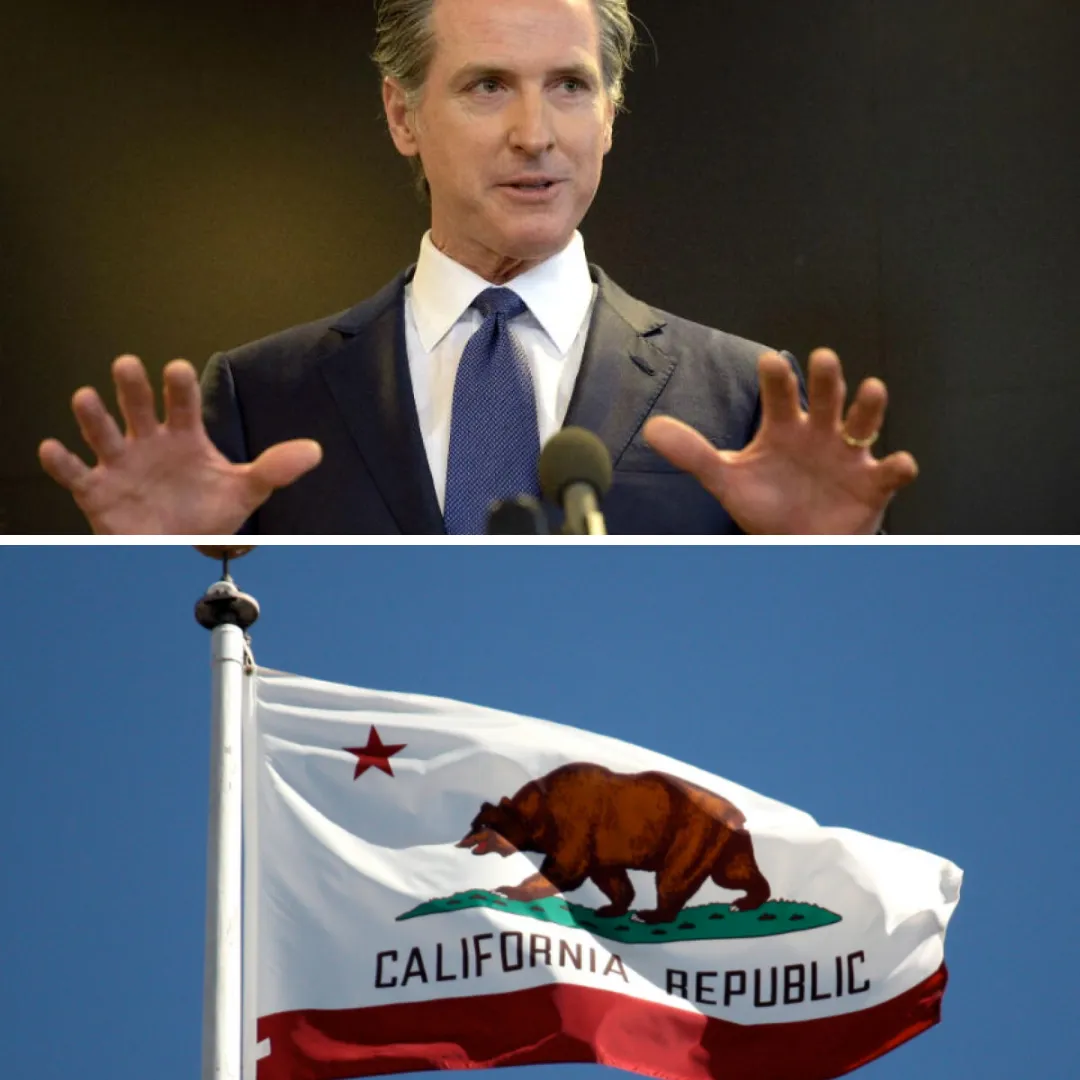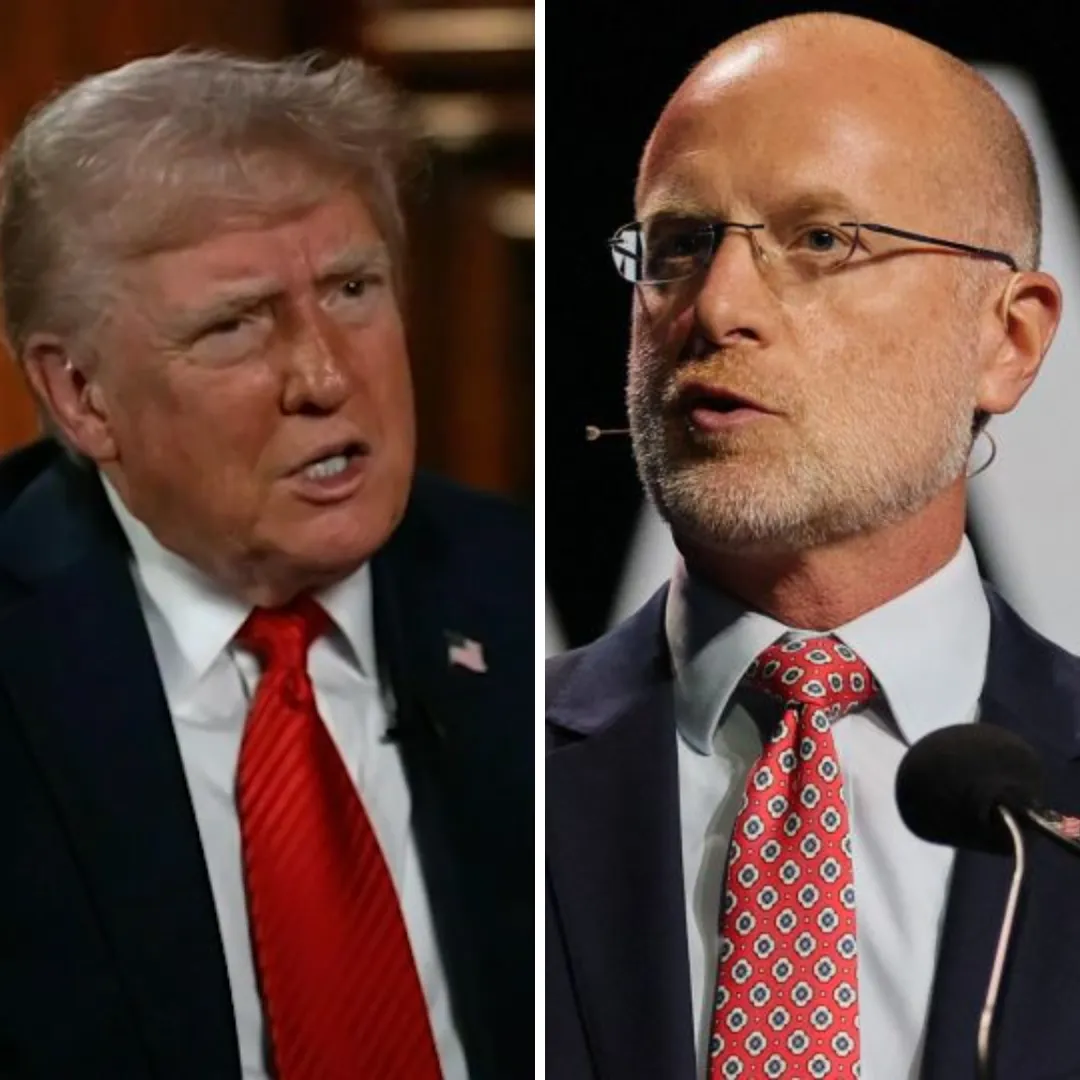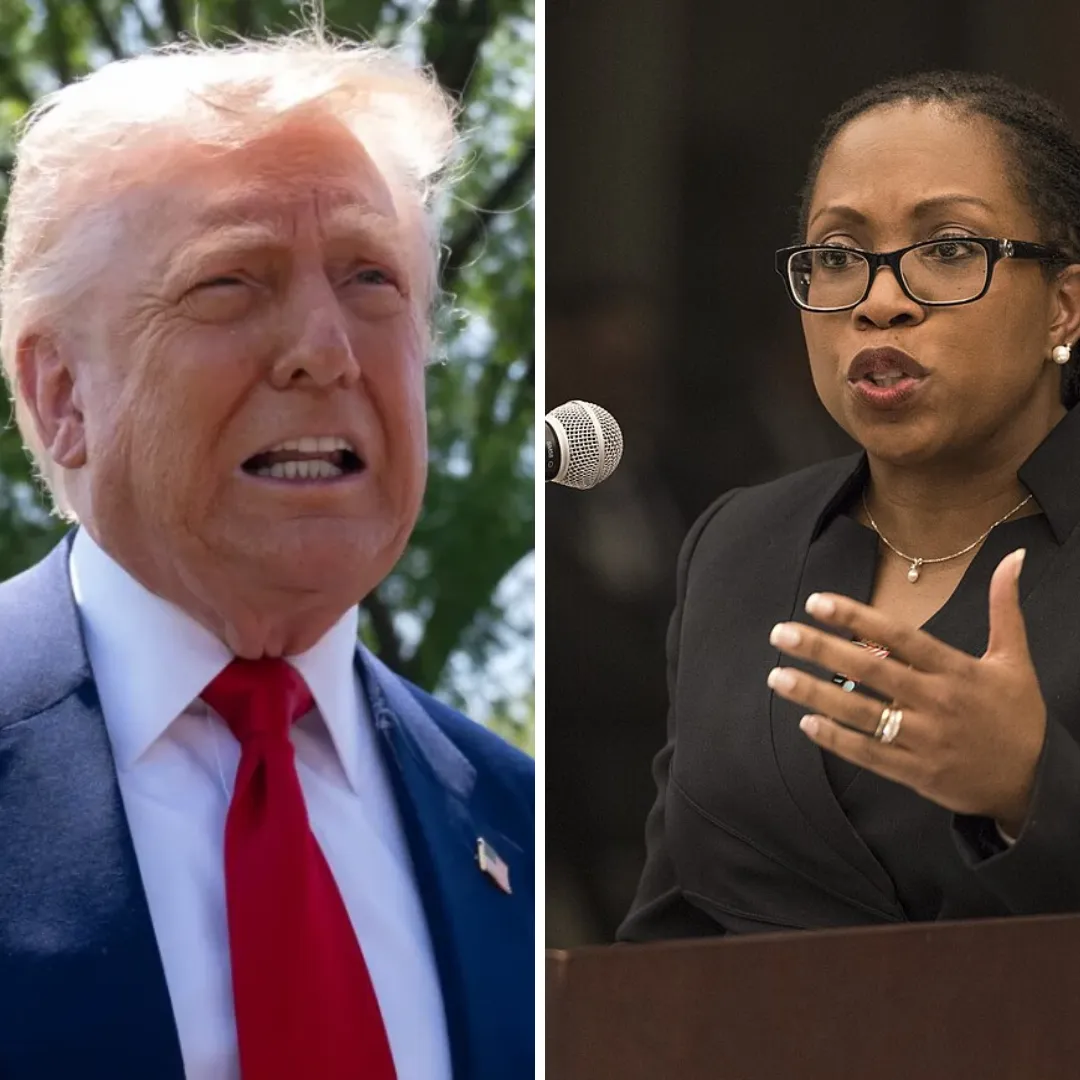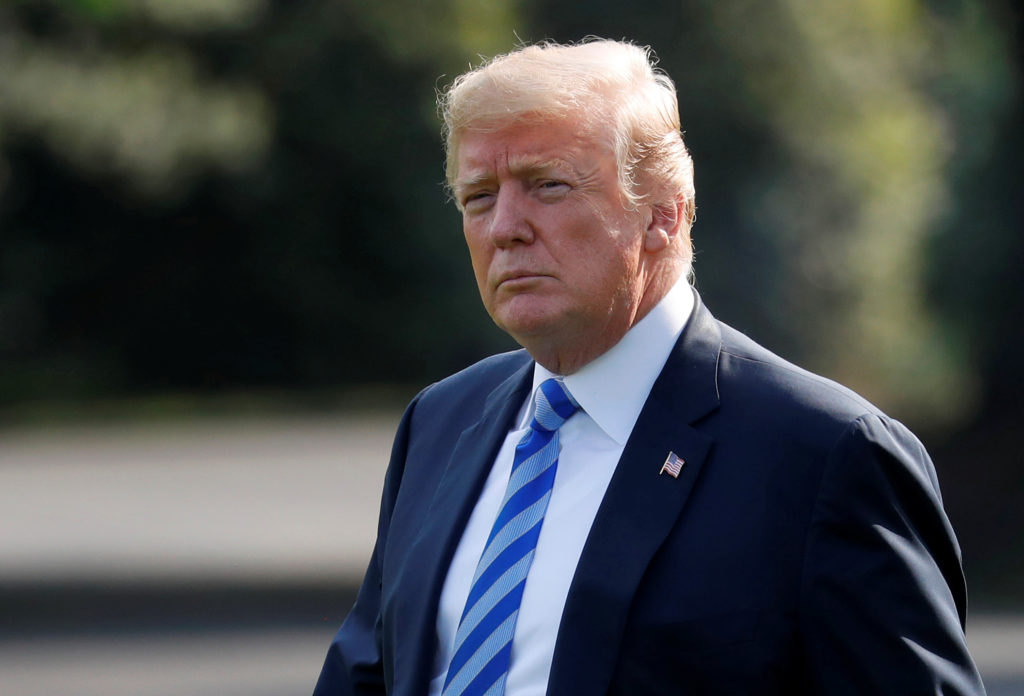
Harvard University President Alan Garber delivered a powerful and combative message to the Trump administration on Monday in a letter addressed to Education Secretary Linda McMahon, fiercely defending the university’s values, rebuking what he described as unlawful federal overreach, and formally pushing back on a series of explosive accusations that have triggered the most aggressive confrontation between an American presidency and an elite private university in decades.
Garber’s statement came just days after the Department of Education issued a letter declaring Harvard ineligible for any new federal research grants, effectively cutting the school off from over $2.2 billion in public funding and threatening to revoke its tax-exempt status.
The administration has also placed the university under a Title VI investigation while accusing it of failing to act on rising antisemitism, undermining meritocracy by ignoring a Supreme Court ruling against race-conscious admissions, and betraying public trust by operating as what the administration described as a “partisan institution.”
In a comprehensive rebuttal, Garber admitted that Harvard and the Department share some areas of concern, including the moral and academic urgency to eliminate antisemitism and other forms of bigotry, but warned that those shared values are being weaponized as political tools by a federal government that no longer respects the constitutional limits of its own authority.
“We should embrace a multiplicity of viewpoints rather than focusing our attention on narrow orthodoxies,” Garber wrote, describing Harvard as a place where intellectual diversity must thrive rather than be suppressed, but he warned that these very goals are being “undermined and threatened by the federal government’s overreach into the constitutional freedoms of private universities and its continuing disregard of Harvard’s compliance with the law.”
The letter represents not just a defense of institutional reputation, but an open declaration of Harvard’s refusal to capitulate under what it sees as political blackmail. Garber confirmed that Harvard has initiated a lawsuit to fight back against the removal of its research funding, accusing the Trump administration of attempting to control “fundamental aspects” of how the university operates.
He emphasized that Harvard would continue to pursue reforms, but not under duress and not by compromising on its foundational mission of academic excellence, autonomy, and lawful governance. The next hearing in the court battle is scheduled for July, and it is expected to attract significant national attention as it touches on the broader constitutional question of whether the federal government can use funding as a weapon to control the internal decisions of a private educational institution.
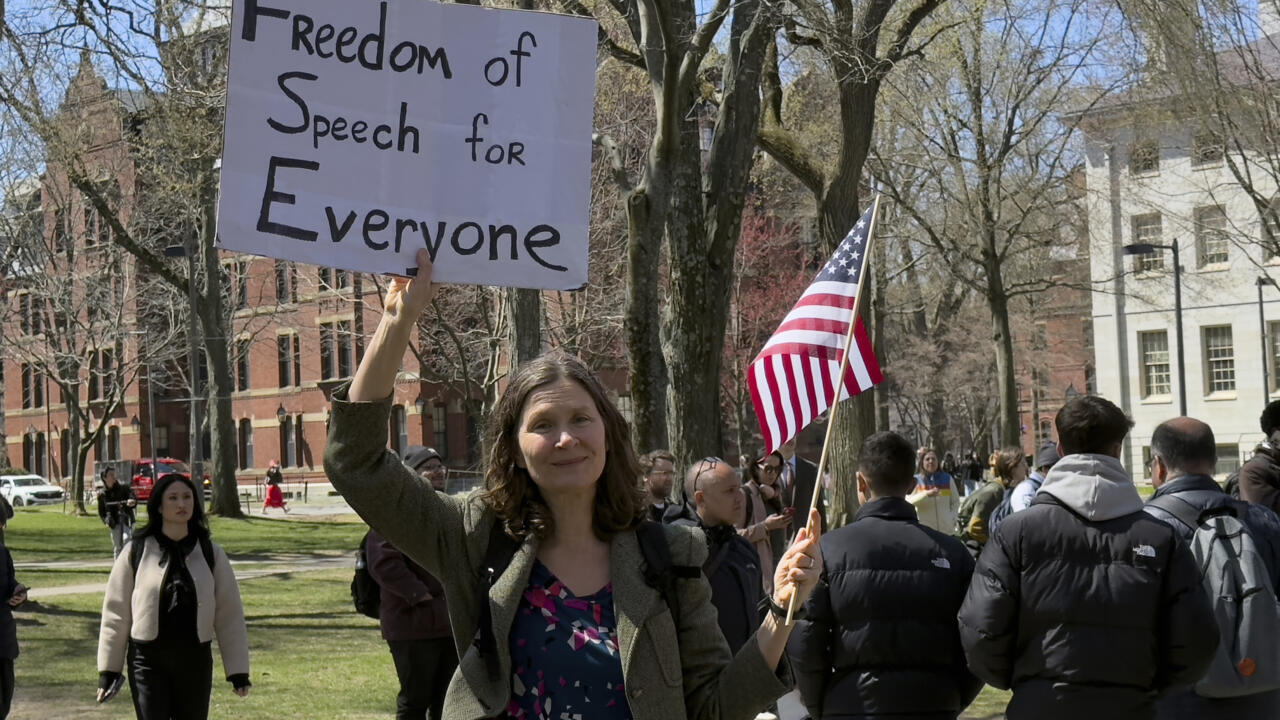
Garber made clear that Harvard’s position is not reactive but principled, rooted in what he called “our unwavering commitment to compliance with the law, to the elimination of antisemitism and other bigotry on our campus, and to academic excellence.” But he made no effort to hide the underlying fury over what he characterized as a baseless and dangerous assault on the university’s integrity.
Education Secretary Linda McMahon, in her letter last week, accused Harvard of fundamentally betraying its responsibilities to students and the public, saying it had allowed antisemitism to fester unchecked, had willfully ignored the Supreme Court’s 2023 decision striking down affirmative action, and had eroded academic standards by replacing merit-based admissions with political ideology.
The Trump administration’s stance, presented as a call for “common sense reforms,” included sweeping demands to change Harvard’s hiring practices, admissions criteria, and disciplinary policies before any reconsideration of federal funding would be on the table.
But Garber responded with sharp clarity, stating that while Harvard remains committed to evolving and strengthening its policies, it will never “surrender its core, legally-protected principles out of fear of unfounded retaliation by the federal government.”
That single sentence, buried deep in the letter, has already emerged as a rallying cry for university leaders, constitutional scholars, and civil liberties advocates who view the administration’s actions not as policy but as punishment — retaliation against a university that has long been seen as intellectually liberal, globally influential, and openly critical of Trump-era politics.
Garber went further, laying out in detail the measures Harvard has already taken to respond to issues of bias and intolerance on campus. He described specific steps being implemented to confront antisemitism, such as campus-wide dialogues, faculty-led task forces, and the expansion of resources for affected students, arguing that the university has treated these matters with seriousness and transparency.
He also rejected outright the claim that Harvard is a partisan actor, pointing out that the university has consistently maintained independence from any political party or agenda and that its mission is rooted in rigorous scholarship, civil discourse, and the search for truth. He wrote that any efforts to portray the institution as ideologically driven are not only misleading but also part of a broader narrative aimed at discrediting higher education as a whole.
In closing his letter, Garber attempted to strike a more diplomatic tone, saying he hoped the Education Secretary would receive his response “in the spirit in which it is intended” — not as a political retort, but as an affirmation of Harvard’s ongoing commitment to constitutional values, open inquiry, and moral leadership. But there is no mistaking the letter’s message: Harvard is under siege, and it intends to fight back.
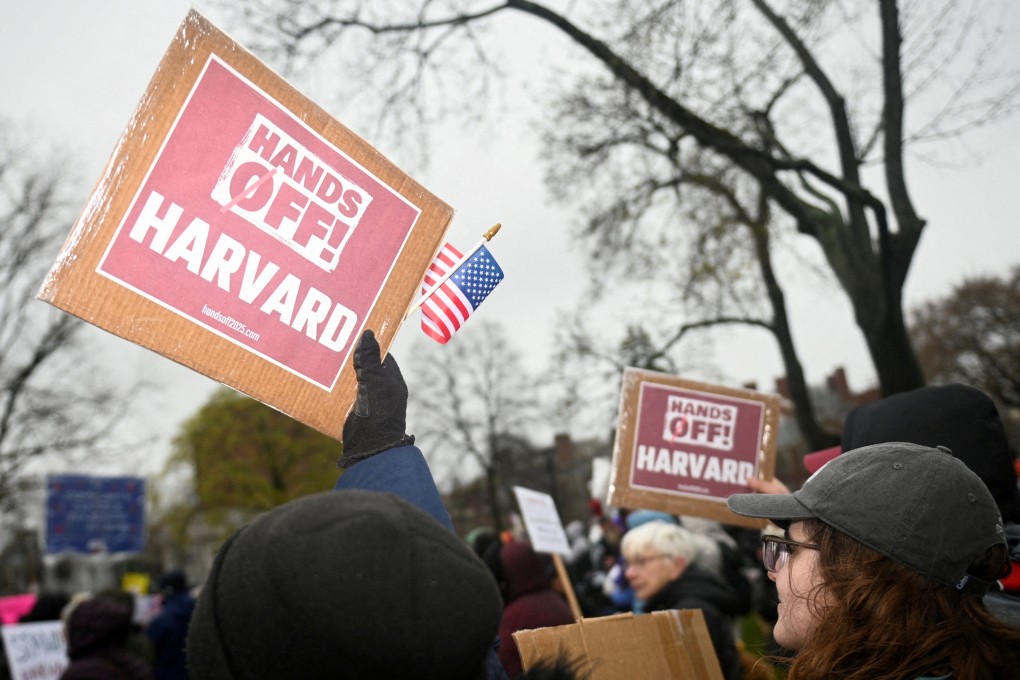
What began as a policy dispute has now escalated into a national flashpoint in the culture war over education, diversity, free speech, and government power. The Trump administration’s willingness to cut off funding, threaten tax-exempt status, and launch federal investigations into a single institution marks a new phase of confrontation between executive authority and elite academia.
Supporters of the administration’s approach argue that institutions like Harvard have long operated with impunity, shielded by prestige and political favoritism while ignoring real-world concerns about fairness, transparency, and ideological bias.
Critics, on the other hand, see the attack on Harvard as a calculated effort to suppress dissent, dismantle protections for marginalized students, and impose government control over thought and expression. With the July court date looming, the outcome of this legal battle could have profound implications not only for Harvard but for every private university in the country that relies on federal funding while striving to remain independent of partisan influence.
As the political storm intensifies, Harvard’s leadership has now drawn a clear line in the sand. It will reform, it will comply with the law, it will listen — but it will not bow.
